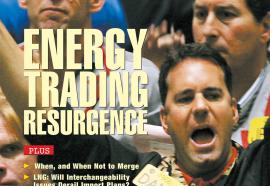Do Utility Mergers Deliver?
Not in all cases, or for all stakeholders. Here’s why.
The industry perceives substantial benefits from consolidating. But what is the track record? Does the regulatory and strategic landscape suggest these mergers are beneficial?











